Trump raises the stakes Europe at the centre of a tariff storm
U.S. President Donald Trump’s warning about the imposition of 30% tariffs starting August 1—targeting European countries among others—has sparked fresh panic among the continent’s political leaders. Their first reaction was to acknowledge the potentially severe impact of the proposed U.S. measures on Europe’s economy, while expressing hope for a favourable outcome from negotiations. At the same time, they were quick to emphasise that they have robust countermeasures at their disposal.
This approach has been shared by European Commission President Ursula von der Leyen, German Chancellor Friedrich Merz, and French President Emmanuel Macron.

Von der Leyen once again underscored the EU’s commitment to dialogue, stability, and a constructive transatlantic partnership.
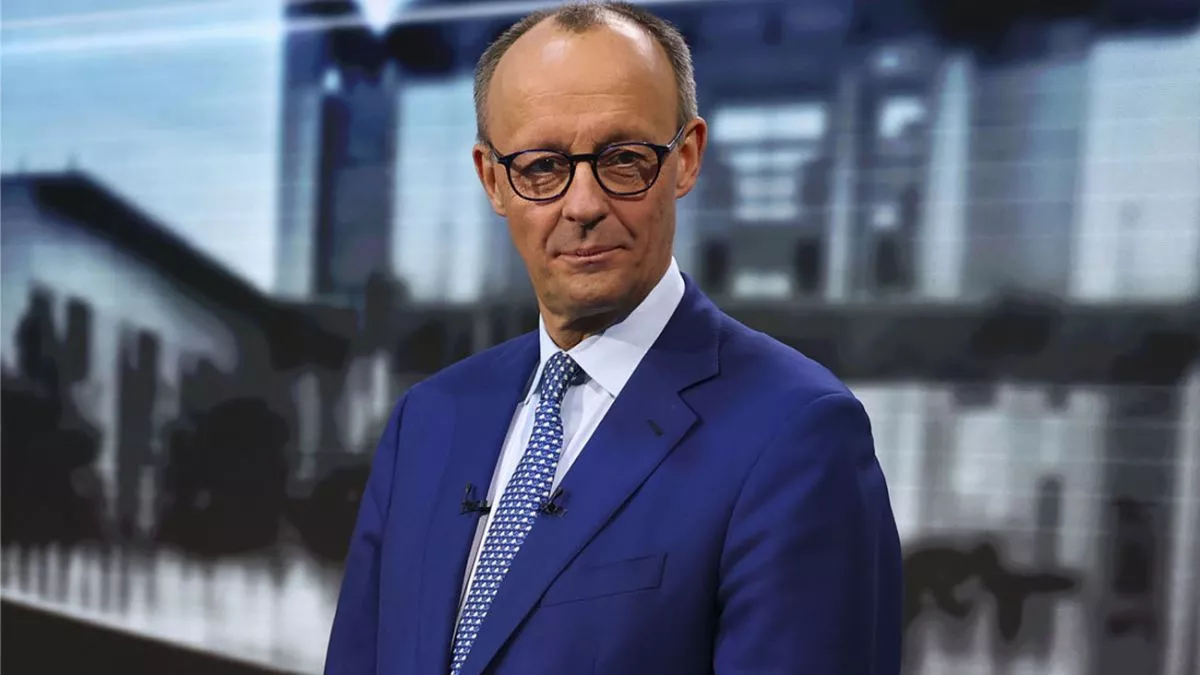
For his part, Merz warned that if Trump follows through with his decision to introduce new tariffs, Germany would be forced to put a significant portion of its domestic economic agenda on hold. This could even extend to revising support programmes for the needy, potentially tightening eligibility requirements.
He also did not rule out the possibility of stricter regulations in the housing sector, such as the introduction of rent caps.
Nevertheless, European leaders stressed that, alongside their attempts to resolve the dispute peacefully, they have prepared a package of retaliatory measures. As the European Commission President stated, Brussels is ready to adopt a "two-track" approach in addressing the emerging trade conflict.
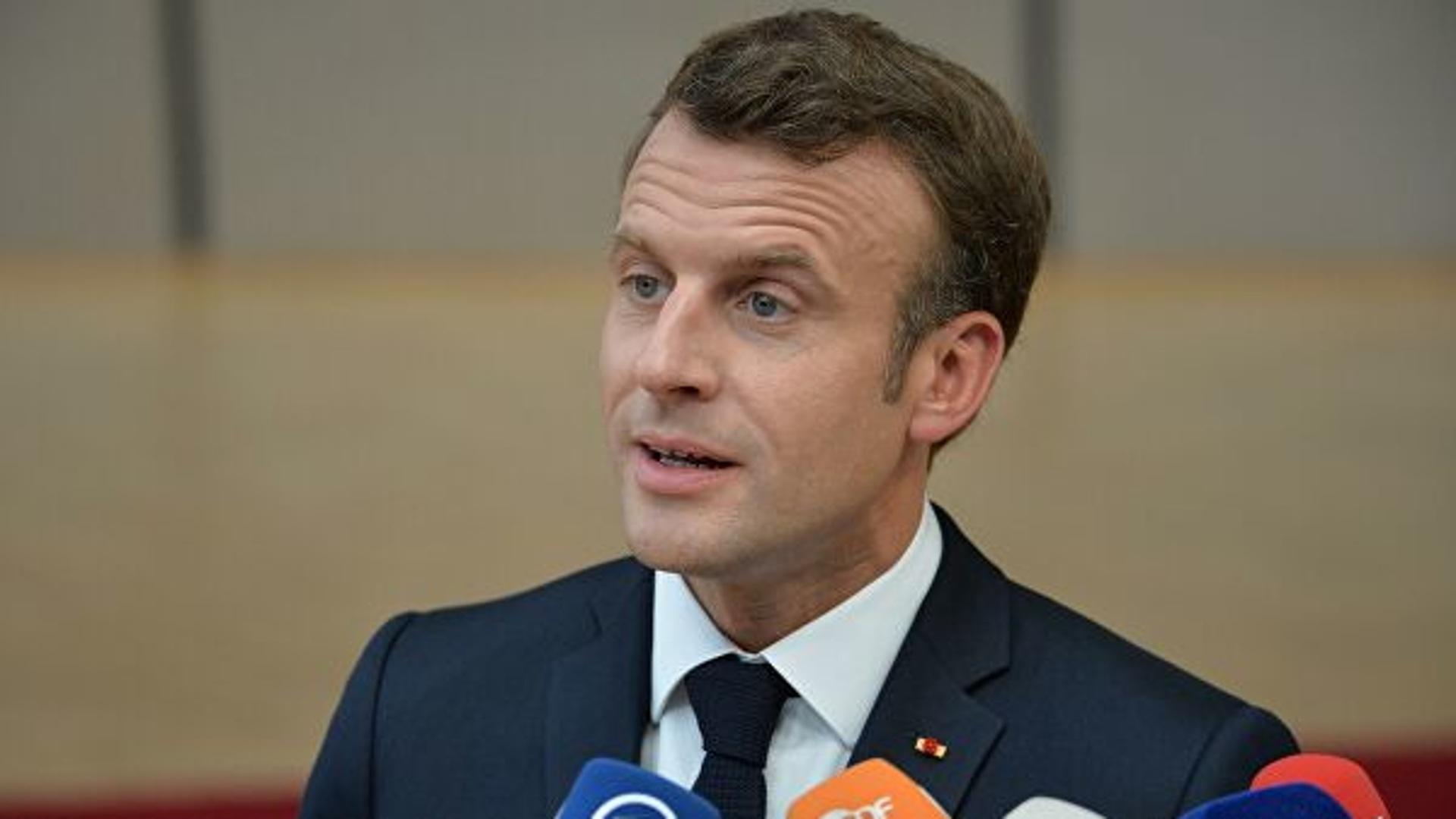
Macron, true to his trademark style, expressed his position in a somewhat veiled manner. He voiced support for Brussels’ course of action but limited himself to broad statements about the need for the EU to reaffirm its determination to defend Europe's interests.
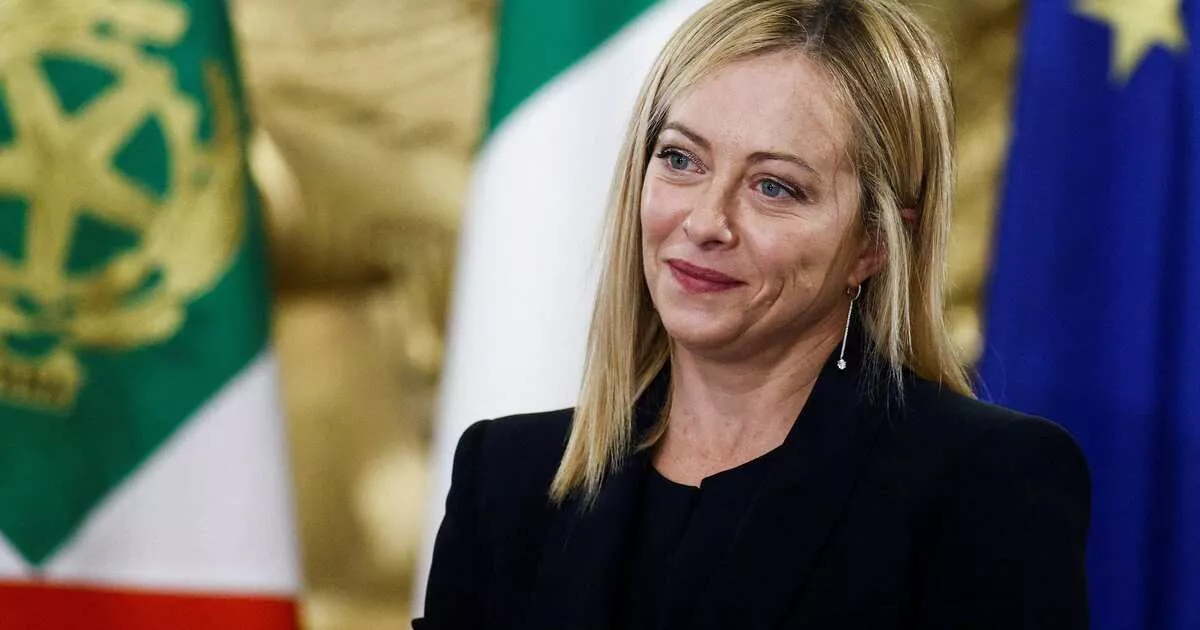
However, in light of the retaliatory measures being considered by Brussels, Berlin, and Paris should the U.S. initiate a trade war, Trump has already declared that he would respond with symmetrical steps. Against this backdrop, Italian Prime Minister Giorgia Meloni struck a more conciliatory tone, noting that there is little sense in igniting a trade conflict between allies and strategic partners.
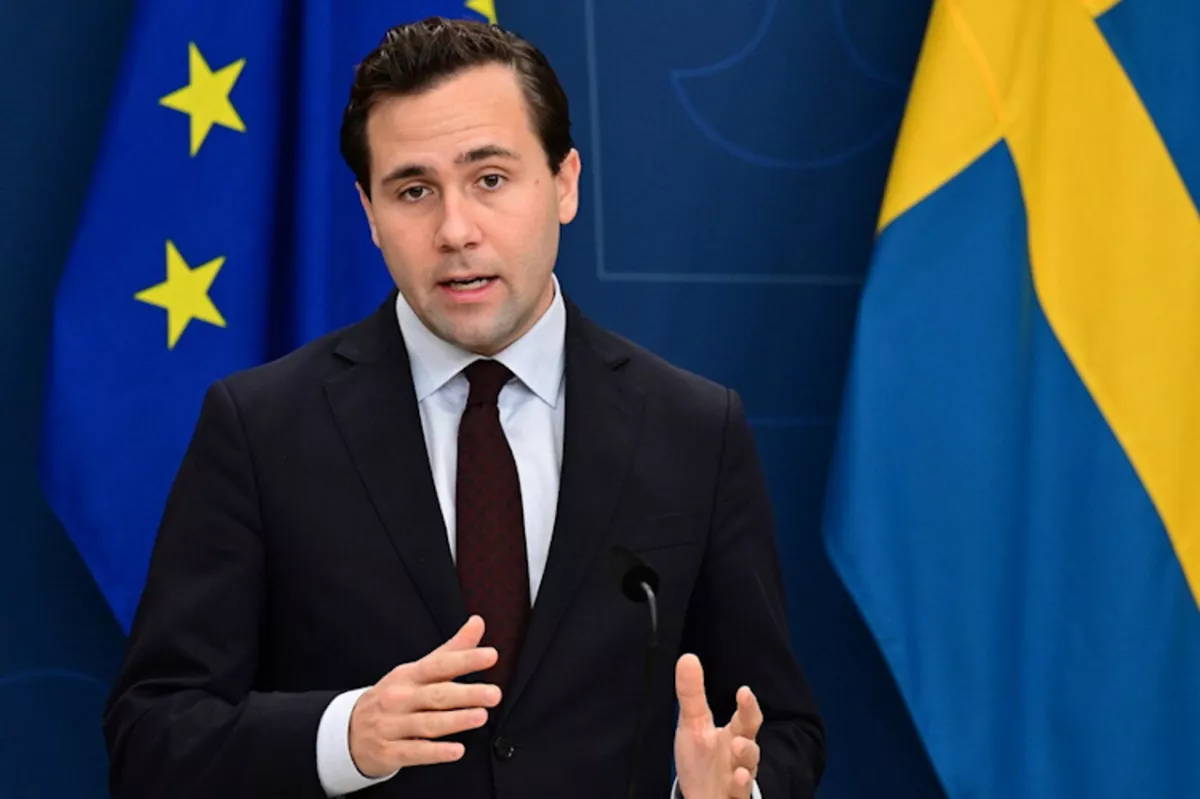
A tougher and more anti-Washington stance was taken by Sweden’s Minister for Foreign Trade and International Cooperation, Benjamin Dousa. He drew attention to the rapid escalation of tensions by the U.S. administration and did not rule out that Europe could be dragged into a trade war. In his view, the imposition of 30% tariffs on European countries is unacceptable, describing the White House’s decision as one that would only worsen relations—especially considering “we were close to reaching a preliminary agreement.” Therefore, he concluded, “we have to prepare for the worst.”

Hungary also made its position known—this time through Levente Magyar, Deputy Minister for Foreign Affairs and Trade. He stated that any final agreement between the EU and the U.S. on import tariffs would likely favour the Americans more than the Europeans. Magyar stressed the importance of securing the greatest possible benefit for Europe if such a scenario unfolds. He also pointed out that, despite existing disagreements, Washington’s demands cannot be ignored, as the White House’s global tariff policy must be taken seriously.

In this context, a recent statement by Hungarian Foreign Minister Péter Szijjártó is also telling. He directly linked the situation with the new U.S. tariff policy to “the misguided strategy of EU leadership and the incompetence of Ursula von der Leyen,” accusing her of ignoring Hungary’s proposal to reduce European tariffs on American imports. According to Szijjártó, such a move could have paved the way for a compromise with the Trump administration.
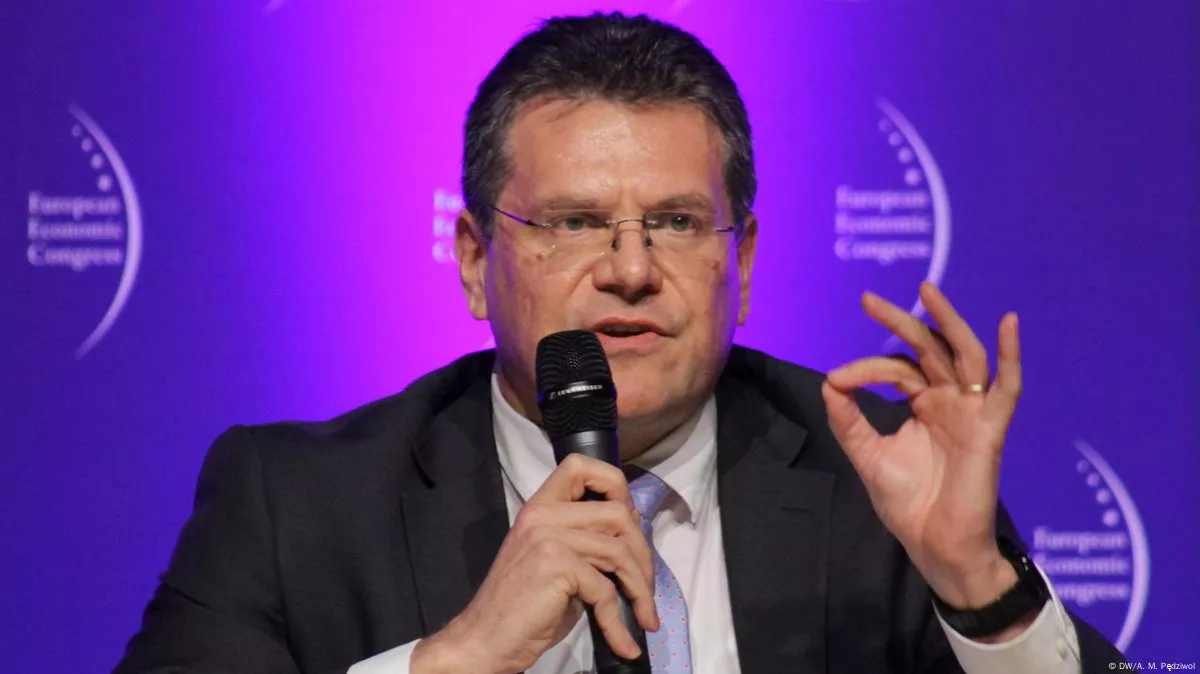
These developments culminated in the July 14 announcement by EU Trade Commissioner Maroš Šefčovič, following a meeting of EU foreign and trade ministers in Brussels. He revealed that the European Union is preparing retaliatory tariffs on U.S. goods amounting to €72 billion. However, their implementation has been postponed until August 1.
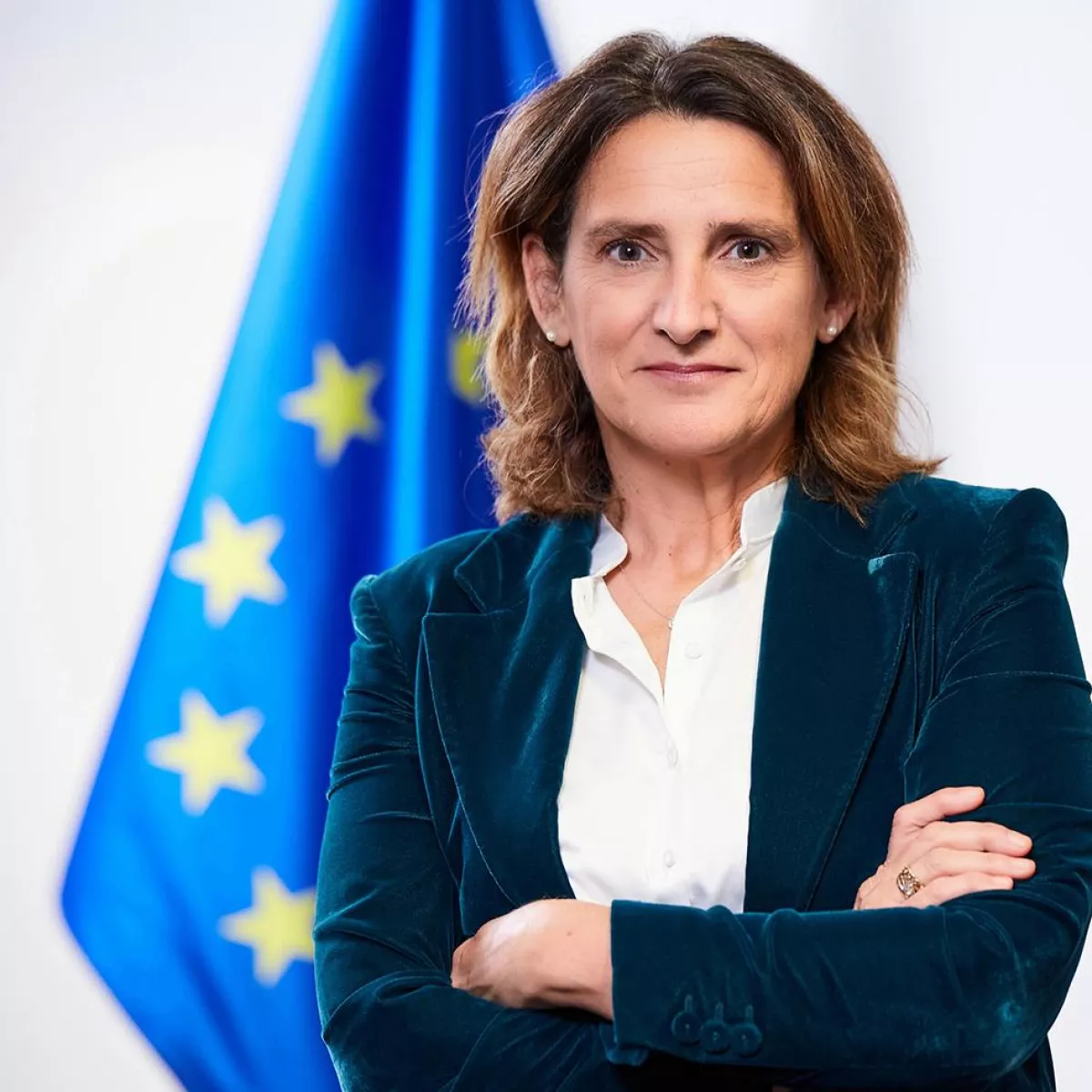
Meanwhile, according to some members of the European expert community, should a serious trade confrontation with the United States unfold, Brussels may prioritise deepening trade ties with countries in the Asia-Pacific region (APR) and India. As European Commission Vice-President Teresa Ribera emphasised, this would help ensure the continuation of peaceful and fair global trade flows.








